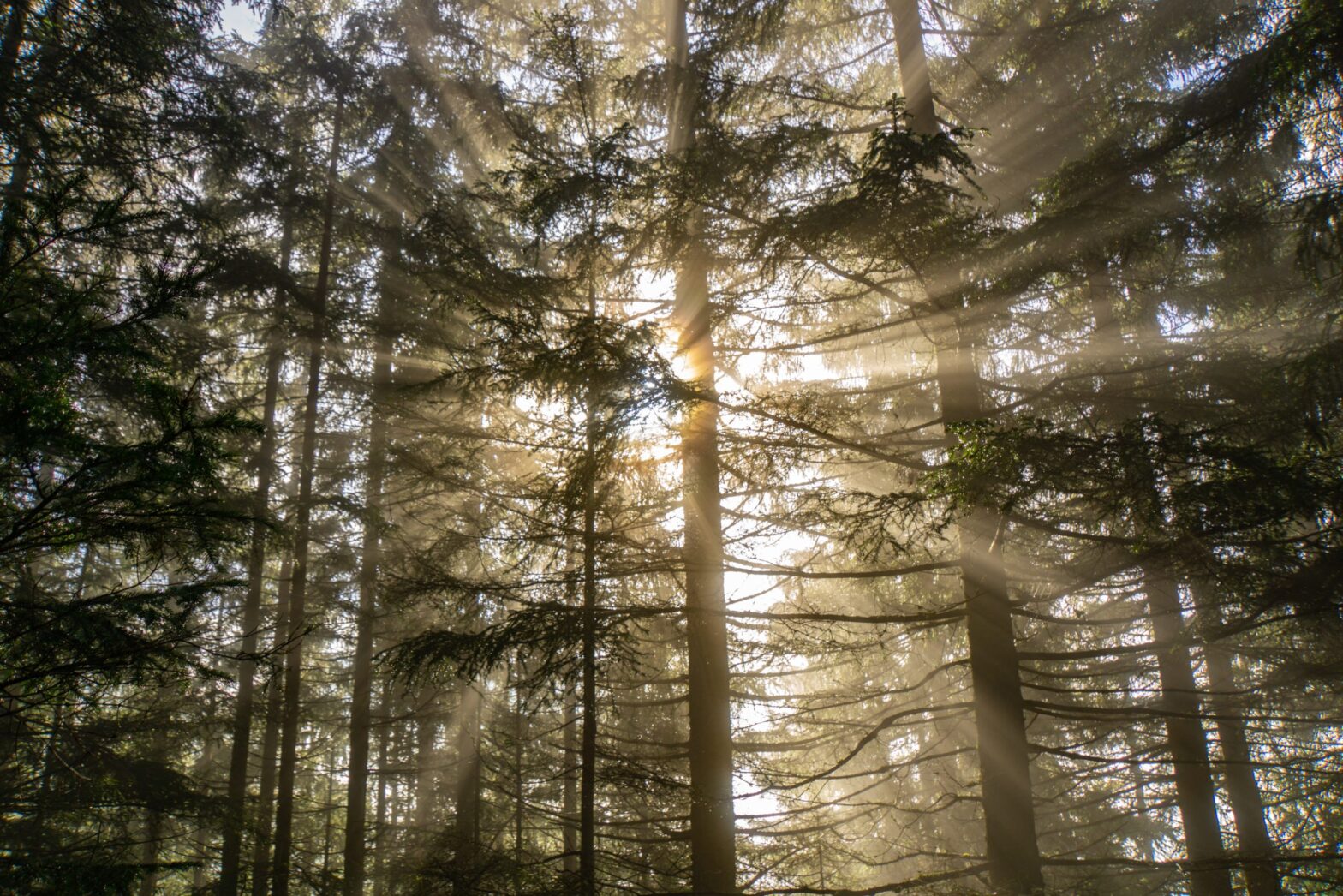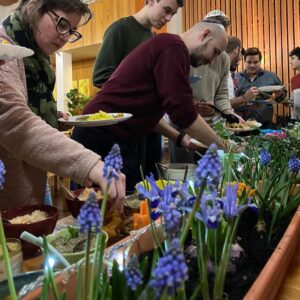
Jewish Holiday
Zoom b’Shvat: Tu b’Shvat in 2021/5781
Tu b’Sh-What?
Tu B’Shvat is also known as “the New Year for the Trees.” It marks the season in which the earliest-blooming trees in Israel start their fruit-bearing cycles. “Tu B’Shvat” literally means “the 15th day of Shevat”—the date it takes place, so it’s easy to remember. This year, Tu B’Shvat begins at sundown on January 27th and ends at sundown on January 28th.Why Celebrate Tu B’Shvat?
This special day offers an opportunity to appreciate the visible beauty and the deep mystery of trees, their fruits, and the rest of the natural world. It also invites us to remember and celebrate that we are a part of nature, rather than separate from it, and the opportunities and responsibilities that accompany that privilege.How Do You Celebrate Tu B’Shvat?

